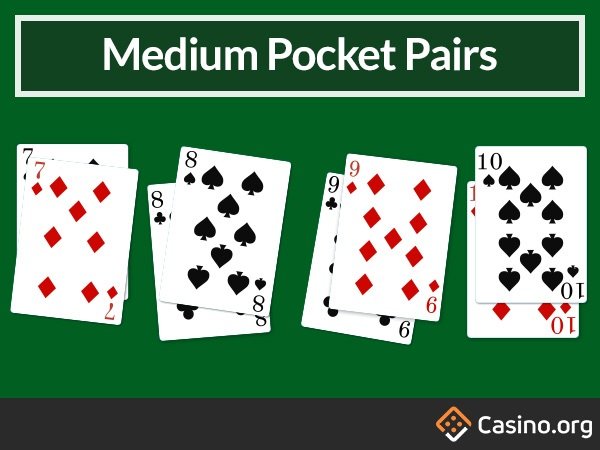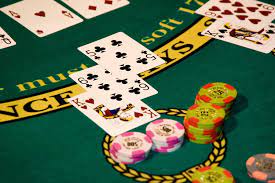I spot big pocket pairs all the time I play online texas holdem, especially in high stakes games. These pocket pairs can be the best thing that you can have out of all the dewabet hands. But, if you aren’t getting the right cards, they just sort of grow on you. Of course, I wouldn’t want you to develop an addiction to poker, but I do want to help you increase your success with these types of hands. How do I do this? I break them down into two categories. The first category are cards that function as pockets, but don’t function as good cards. These are the cards that get re-raised preflop, or get re-raised on the flop when they are missed. These cards will hurt your stack and you should find a way to get out of them before you get hooked. The second category of cards are the ones that function as good cards, but don’t have great hands. These are the cards that you will want to play aggressively every time, unless there is a scenario that exactly fits the situation.
For example, if you have pocket kings and a player re-raises you all in, you will want to call him probably in most cases. However, against one other player, you will likely want to fold your pocket queens against him. The main reason for this is because you are almost never going to have a high pocket pair against this player. It is too early in the event to be playing any type of hands against this player. When you play against loose players that will play any hand, you will have to be aware of their Weekly Match Play Schedule. You need to know when to play tight versus loose players that will play any hand. In the beginning you should play tight versus loose players that will play any hand, until you know what your table image is against this player type. What that means is that the only hands you play against these players that are loose are the hands pre-flop that don’t have great value.
For example, the blinds are very low with 4 players, and everyone checks the flop. You have a pocket pair and an ace. It is folded around, and a loose player open raises. You are sitting on the button with 4 high. If you call this loose player, you are calling a raising war. If you re-raise then you are playing a tighter game against this type of player. As the blinds rise, you will want to isolate one player by raising pre-flop, or to try and test the waters against this player. A loose player that is a fan of early position will raise from early position. It is your job to throw this player a bone when you have a premium hand pre-flop. If you are unable to isolate this player then it is time to get out of the hand because you are playing a hand that could be a winner, but not if you are playing this loose.
In the middle position, you can loosen up slightly. You already have some chips in the pot because another player wasocks it to you. If you called the big blind, it shows you did assess the situation and assess the risk/reward ratio of playing your hand pre-flop. In middle position, you are in a better position than the players behind you. You can re-raise. It ends the matter right here.
Late position is where most players play their hands. Is the table tight or loose? If it is loose, you want to stay out of hands that can be a problem. If it is tight, you are hoping that the players behind you will fold their hands and thus protect your hand when you play a big pot. You can open up your starting hands here. You already have some chips in the pot and an ace is probably behind. It is time to open up the aggression. A lot of players are not going to believe you have an ace and there is going to be some raising. Be aggressive and you will win these hands. If the hands above did not happen, you will probably still end up with some money in the pot. Sometimes you will win big and other times you will lose big, but you are a sure winner every time. Study the tables you play and you will know what to expect. Learn to read players and don’t make the same mistake that they do. They are currency dealers at the casino. Use your table position to your advantage and play aggressive. The more aggressive you are, the more you will win.

